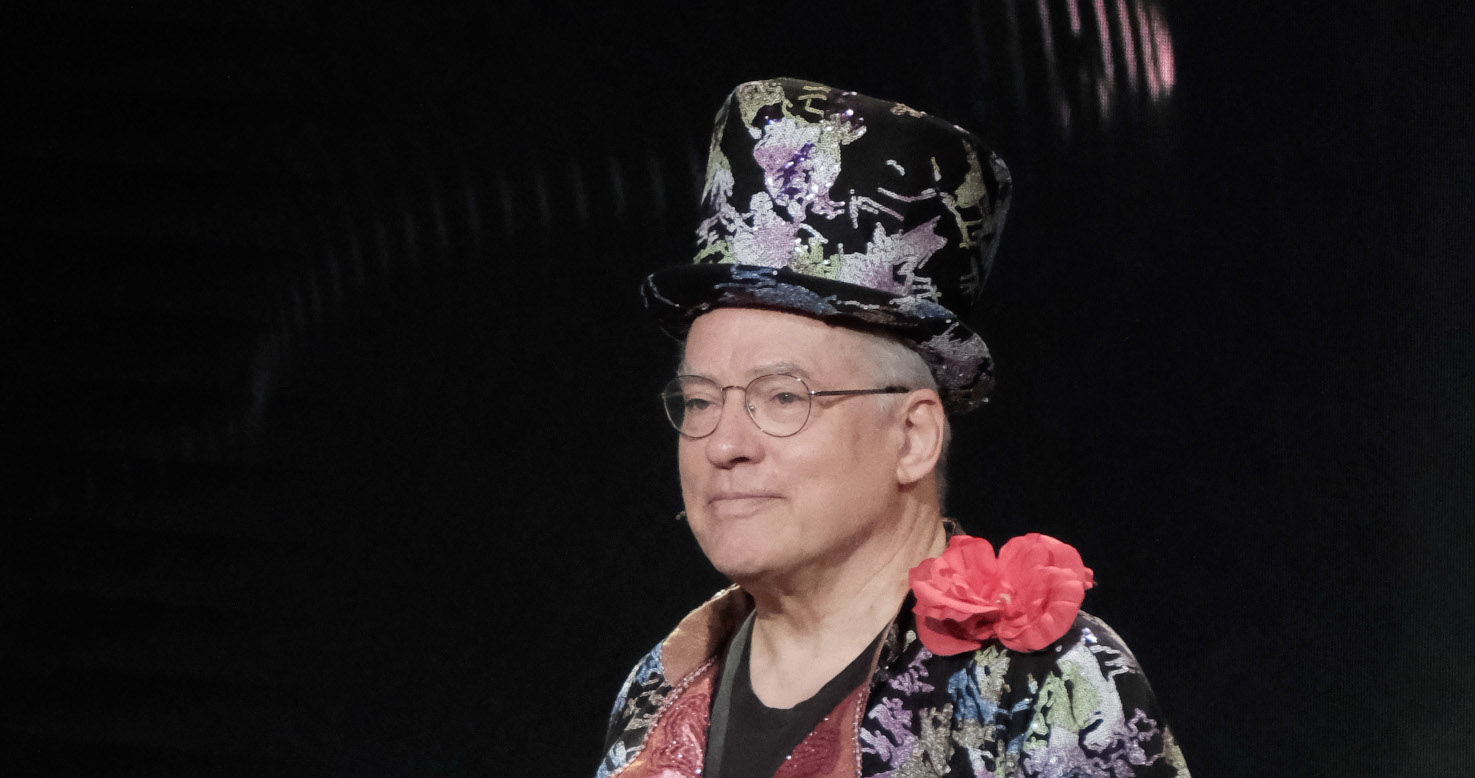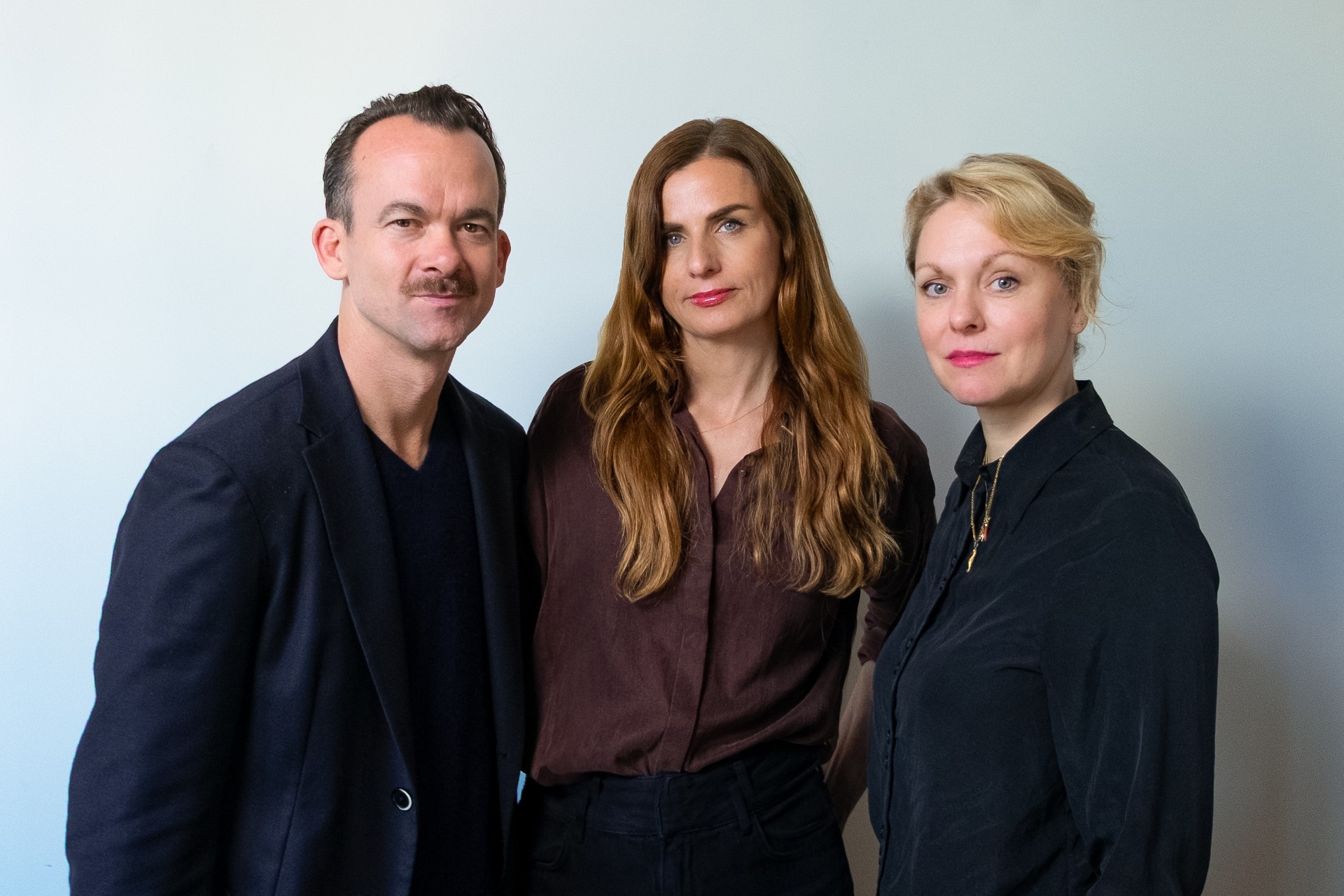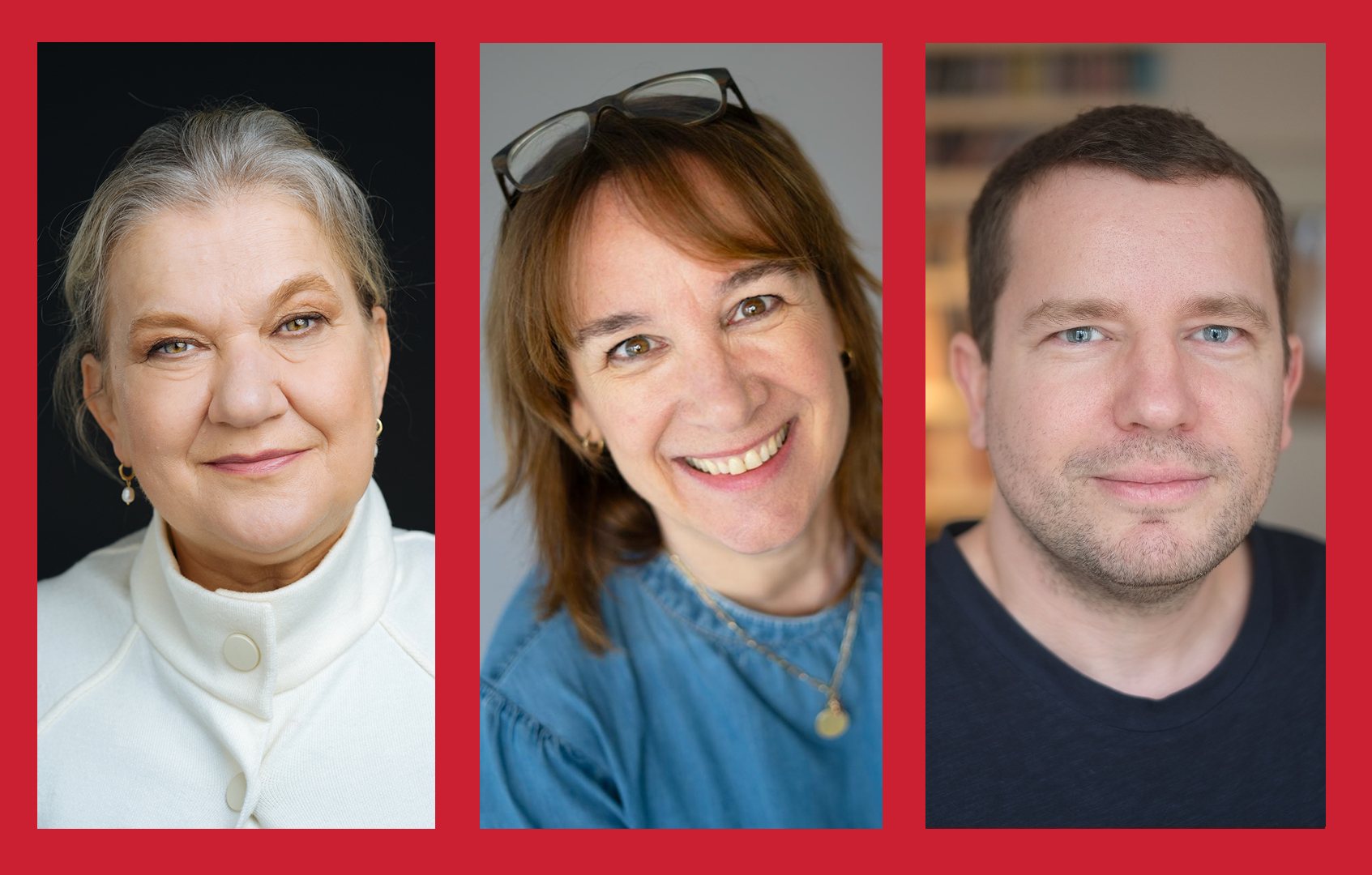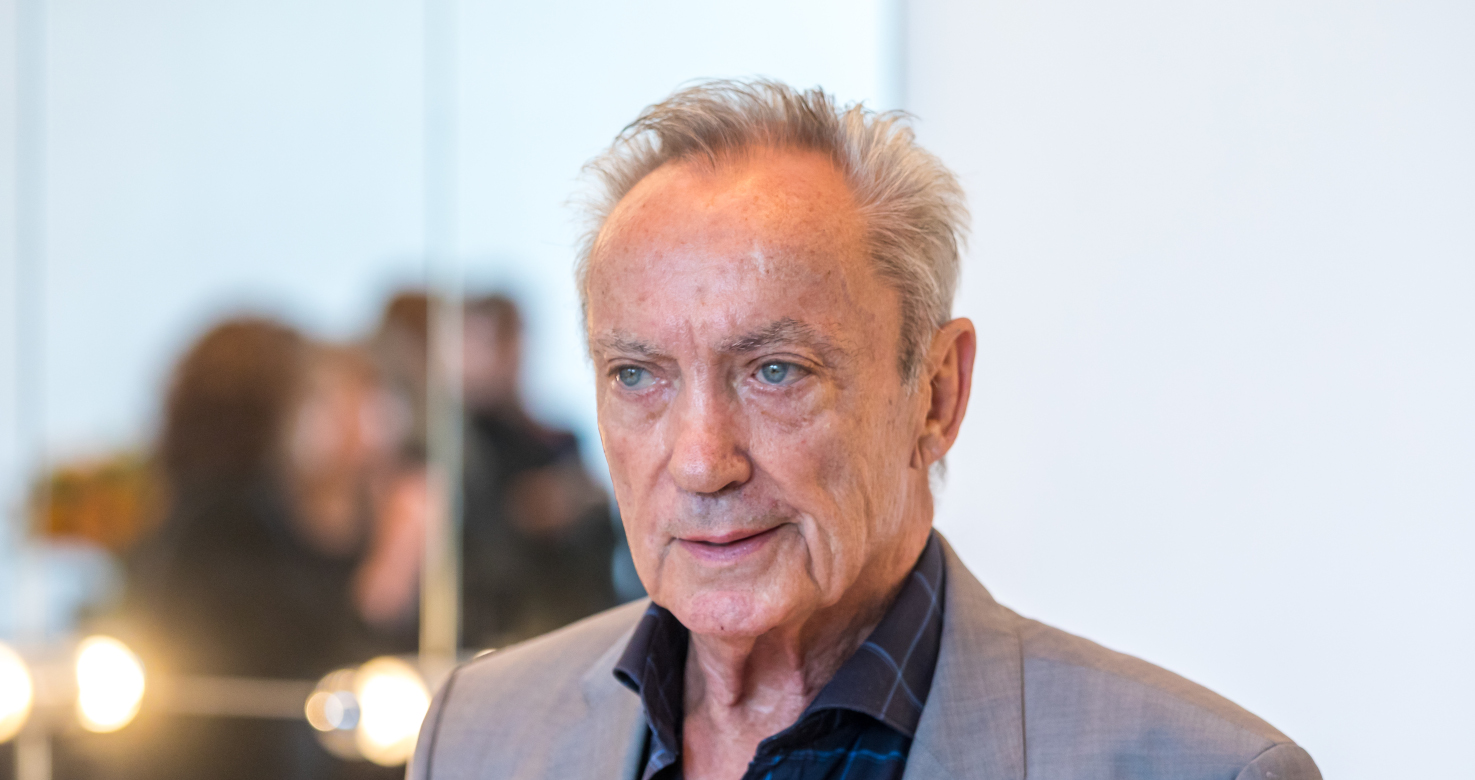MARCHING IN THE DARK
MARCHING IN THE DARK
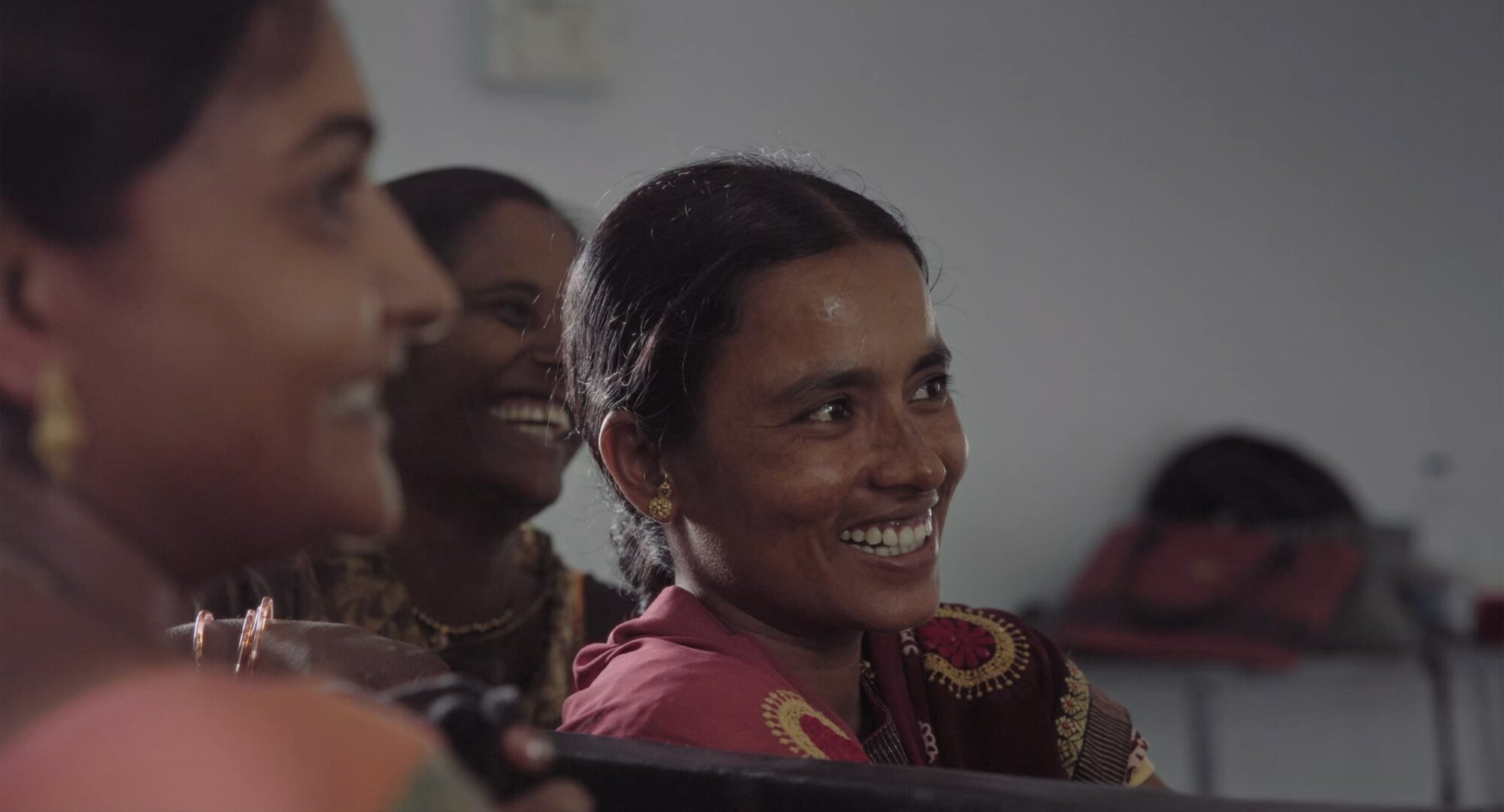
MARCHING IN THE DARK
Belgium, Netherlands, India
SYNOPSIS
Sanjivani, a young widow in rural India, grapples with devastating loss after her husband, a farmer who succumbed to the pressures of rising costs, unyielding crop failures, and volatile market prices, commits suicide – as one of thousands each year in India’s agriculture sectors.
Now absorbed into her brother-in-law’s family, Sanjivani and her two children struggle to be seen and respected. Among her myriad of responsibilities, including homemaker, mother and farm-worker for her brother-in-law, Sanjivani’s efforts to regain self-determination and a semblance of control over her life are compounded by the traditional social stigmas and dogmas attached to widowhood in her community.
When Sanjivani cautiously joins a local widows-only support group, despite having to fabricate excuses to her brother-in-law to explain her absence, she unexpectedly embarks upon a transformative journey of discovery with the other women as they share their grief.
Initially cautious and reserved, Sanjivani is slowly drawn in to the healing power of community; her own grief beginning to heal as she focuses on the others instead of herself. When she summons the courage to unveil her own story, Sanjivani finds inspiration in their shared resilience and empowerment forged from their common experiences.
Each day, throughout the region, more farmer-widows are made – the ever-growing protests and demonstrations doing nothing to stem the political tide at the core of India’s human and agricultural crisis. Can Sanjivani’s newly found voice shift adversity into opportunity? Are solidarity and friendships enough to quietly fuel a mental-health revolution?
CREDITS
Written & directed by: Kinshuk Surjan
Produced by: Evelien De Graef, Hanne Phlypo, Digna Sinke, Arya Rothe
Cinematography: Leena Patoli, Carl Rottiers, Vishal Vittal
Editing: Joëlle Alexis
Sound: Mark Glynne, Olmo van Straalen, Puneet Dwivedi, Imtiyaz Jumnalkar
STATEMENT OF THE DIRECTOR
Over the last 15 years, while crafting short films and assisting in Bollywood films, I began to experience a peculiar dissonance from my reality – a sense of unshakable emptiness. The feeling stemmed from the realisation that the films I was making seemed inconsequential in their impact on life beyond the screen.
Growing up, I often overheard my late grandfather, a farmer, describing the deteriorating condition of our farms and beloved orange orchards to my mother. Despite their attempts to hide it, I sensed his worsening state year after year.
I grew up in a family of farmers on one side and journalists on the other. My family has run a regional Hindi newspaper with Gandhian-Nehruvian socialist ideals since 1959. I was raised reading Hindi literature that criticised the feudal class structure which even today tears our social fabric. For a decade, I was aware of the rising number of farmer suicides, yet I felt powerless to take action. When has a film ever brought about perceptible change?
The glaring absence of films addressing the crisis of farmer suicides in India, which has claimed over 400,000 lives in about three decades, has long anguished me. Over the last 25 years, in a country that produces 2,000 films a year, fewer than ten Hindi films have portrayed farmers. Those that do often rely on sympathy as the spearhead, reducing them to poor, pure, naive and miserable behest at the mercy of an urban saviour. While the farm distress reports and numbers are readily available, what’s missing from the narrative is a portrayal of farmers as innovators, artists, poets, social leaders or even as equals – resilient and dignified individuals. Isn’t this kind of representation responsible for desensitisation and othering? Thus am I as an artist also responsible? How must I make films with people, and not just on them?
Seeking answers, I travelled across Maharashtra’s Beed district, one of the hardest-hit areas, and met many grieving families. I met recently widowed women, their tears exhausted, their grief hanging in indefinite silence, that being a passer-by felt criminal, the thought of filming even more cruel. Their suffering was compounded by financial stress and grave social ostracization that secluded and confined widows to their homes. Conversely, while searching for a glimmer of hope, I observed that women farmers experienced fewer suicides than men. I met resilient women like Sanjivani, Parimala Tai, Radha Chopane, and Vaishali Yede (who later became protagonists in the film), who take care of their families, are responsible for repaying their husbands’ loans after their suicides, and must rebuild their lives from scratch while dealing with grief and social ostracization – some through radical means, others more quietly, finding ways within the system to empower themselves. But what stood out, even more beautifully, was their conscientiousness in supporting other women in similar circumstances. They often expressed that “only those who have experienced similar pain can truly understand” and thereby offer genuine empathy and support. And so we wondered: could there be a space for fostering such friendships?
The filming process aimed to create more than just a narrative; it sought to provide a safe space for women at different stages of their grief. Initially formed as a support network for sharing resilience and providing emotional healing, the group evolved into a sisterhood that challenged traditional and patriarchal norms, addressing issues such as “Having overcome the grief of our husbands’ suicides, how can we prevent our sons from following the same path?” or “Why don’t they speak about their problems and debts to us?”, it became a space for celebrating festivals, forming friendships, and offering practical advice on issues like bureaucracy, gas connections, and school choices for their children.
As we kept meeting, I grew closest to Sanjivani, Parvati and Parimala Tai. In the five years of making this film, the bond I shared with them transcended the filmmaker-subject relationship. From medical checkups and marriage arrangements to waiting days and nights for the birth of a calf, rushing to a distant hospital during a daughter’s labour, dealing with sudden deaths and funerals, and rebuilding homes destroyed by rains by hand, we have shared it all – and during the festival of Rakhi in 2022, Sanjivani and I affectionately pronounced each other as brother and sister.
From developing the initial ideas and documenting the story of her life editing and subtitling, Sanjivani has been a constant collaborator and guiding compass, providing both moral and ethical insight, not just as a protagonist. “When we meet others in grief, our own becomes insignificant”, a sentence she often said eventually became the subtext of the film.
What I learned from them surpasses anything I can ever reciprocate. Before making this film, I had never been confronted with grief directly. In 2020, when my beloved aunt, at 40 years old, struggled with cancer and eventually passed away, I could observe how Sanjivani and Parimala Tai supported others in their grief. Their friendship provided me with the strength and guidance to support my mother through her sorrow and find my own courage.
What started as an ideological desire to make films with the othered and overlooked turned into a passion for telling stories of my beloved.
- Documentary Film Selection 2024

